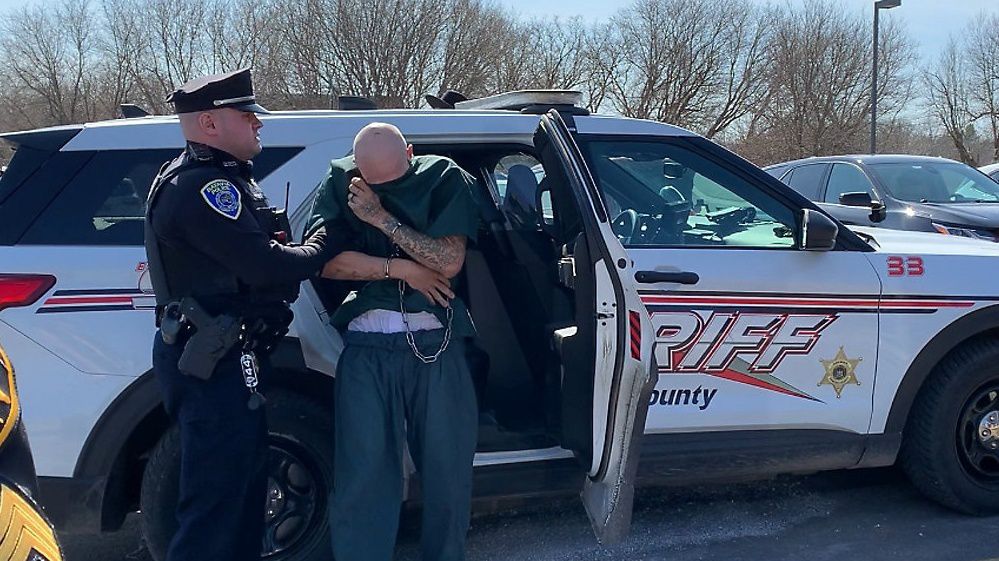September is National Suicide Prevention Month. According to the National Fallen Firefighters Foundation, the suicide rate for first responders is higher compared to the general population. The death of a recently retired firefighter near Rochester is a sobering reminder of that. A program designed to help those who serve to better help themselves is serving many first responders who struggle.
When duty calls, instinct dictates first responders run toward trouble. The aftermath is sometimes hard to run from.
“A lot of what we see, the average citizen does not see,” said Patrick Rutledge, a firefighter Army combat veteran. “It does pile up sometimes.”
Some first responders find their peace on a ranch west of Rochester, where horses help heal.
“Spending time out here with horses on the trail, there’s nothing else like it,” said Daniel Jobin, founder of Before the Last Call, an equine therapy program that is geared toward first responders and veterans.
“When you deal with nature and horses specifically, there’s a common bond that you have,” said Mark Ostrander, a board member with the nonprofit. “And they’re here for you.”
Supporters say the connection with horses and nature offers an alternative for people who may be struggling.
“I’ve done the whole sitting in an office, talking to somebody, and having them ask me, ‘Well, how does that make you feel?’ “It didn't work for me,” said Rutledge. “But coming out here, working with these animals, it helped me because I’ve been through a lot and seen a lot.”
The job held by first responders is often referred to as a brotherhood.
“That bond is like no other,” said Jobin. “It lasts a lifetime.”
When a brother is lost, it’s devastating. The first responder community was sent reeling last month when a recently retired Henrietta firefighter died by suicide right outside the firehouse.
“When something like that happens, we want to reach out to other people and make sure they're OK,” said Rutledge. “Because I lost a lot of friends to that.”
At Before the Last Call, horses are part of the therapy. Camaraderie is the true connection.
“People come to us for that specific reason,” said Jobin. “You need something to turn that noise off and keep those demons at bay.”
“Just talking it out and getting it out there, getting it off your chest, it helps tremendously,” said Rutledge. “And that’s coming from firsthand experience.”
Therapy comes in many forms. For those who struggle, it’s about finding light in the darkness.
“I always believe 100% that there's a hand coming out of that person somewhere,” said Ostrander. “You just need to find that hand, grab it, hang on for dear life, and help them back to the other side.”
Even the toughest of heroes can’t always do it alone. If you or someone you know is struggling, help is available. For the suicide and crisis lifeline, call or text 988.







